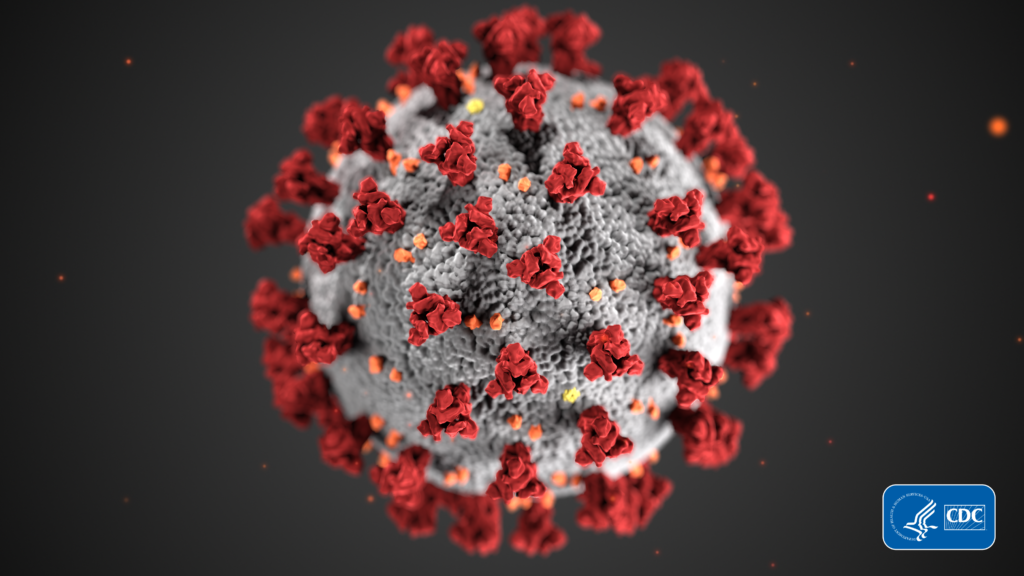The U.S. Senate approved $8.3 billion in emergency funding on Thursday in response to COVID-19, more commonly known as the coronavirus. At least 11 deaths have now been tied to the virus in the United States, with California officially declaring a state of emergency.
For the home-based care industry, aggressive preparation has become paramount, especially as providers try to position themselves as solutions within their local markets.
Within senior care broadly, a growing concern is how the coronavirus will be contained if it spreads to more nursing homes and into senior housing communities. It appears the virus’s death rate is higher than the flu’s, with older adults especially vulnerable, according to the World Health Organization (WHO).
In China — where the virus originated — just 0.2% of people between the ages of 10 and 39 have died after falling ill with the virus. For individuals between the ages of 70 and 79, that jumps to 8%, with individuals older than 80 seeing a mortality rate of nearly 15%.
Despite the grim statistics, the No. 1 thing providers need to remember is that panic is counterproductive, Linda Murphy, COO of Concierge Home Care, told Home Health Care News.
Concierge Home Care has six locations in north and central Florida that primarily provide Medicare-certified home health services.
“Honestly, we are just treating it like we do a flu epidemic or anything else that we’ve seen over the past two years,” Murphy said, adding that her agency is following all recommended protection measures and guidelines from the CDC and WHO. “I don’t feel like we’re overreacting to it at this point. We’re taking every precaution we can without putting anybody in a panic, by any means.”
[Take HHCN’s Survey: Analyzing Home-Based Care Industry Impact of Coronavirus]
While keeping a cool head is key, so too is transparency.
In Washington, EvergreenHealth — which has a home health segment — has had a slew of confirmed cases in its hospital. Now, employees are growing wary of working and have contended that the health system hasn’t been upfront about risks, according to KUOW public radio.
In a 2018 study published in Medline, just 43% of polled home health workers said they would be willing to take care of current patients during an outbreak. Only 27% said they were willing to take care of new patients.
To minimize workers’ fears, providers should take every step possible to educate staff and ensure their safety, Dr. David Nace, the incoming board president of the Society for Post-Acute and Long-Term Care Medicine, told HHCN.
The Society for Post-Acute and Long-Term Care Medicine — formerly known as The American Medical Directors Association (AMDA) — represents a community of over 50,000 medical directors, physicians, nurse practitioners, physician assistants and other practitioners working in long-term care settings.
“For hired caregivers to come into the home care setting, you would have to make sure that they have access to the necessary protection,” Nace said. “Especially if they’re traveling between a series of patients, you would have to make sure that there’s no cross-contamination between the people being cared for. It does pose some challenges from a home care perspective. The advantage of it is that you keep the person at home you don’t risk outside exposure.”
Coronavirus is already the current focus of the National Association of Home Care & Hospice (NAHC), its president, William A. Dombi, told HHCN this week.
“In-home care is actually one of the steps that people should be looking at relative to dealing with the virus,” Dombi said. “The isolation of infected people is one of the steps that has been taken in China and elsewhere. Care in the home is a way of keeping that person from infecting others.”
New data and information on the characteristics of the virus are arriving every day.
For now, facilities and agencies need to focus on strengthening infection protocols, Nace said.
A few years ago, the Centers for Medicare & Medicaid Services (CMS) required skilled nursing operators to develop an infection control program that included an antibiotic stewardship component and the employment of a trained infection preventionist.
This week, CMS turned up the heat even further.
“Specifically, CMS is issuing a call to action to health care providers across the country to ensure they are implementing their infection control procedures, which they are required to maintain at all times,” a Wednesday announcement from CMS stated. “Additionally, CMS is announcing that, effective immediately and, until further notice, State Survey Agencies and Accrediting Organizations will focus their facility inspections exclusively on issues related to infection control and other serious health and safety threats, like allegations of abuse – beginning with nursing homes and hospitals.”
While the coronavirus presents challenges that other threats don’t, home-based care agencies are relatively used to dealing with disaster on the fly.
Concierge Home Care has stepped up its educational platforms for management, workers and patients, Murphy said. It has also had a great deal of support from the Home Care Association of Florida (HCAF), which has been providing agencies with up-to-date data and instruction from CDC and WHO.
As of Thursday, Florida has at least four confirmed in-state cases.
As part of its general disaster preparations, which include hurricanes, Concierge Home Care has turned to telehealth company Synzi.
“It just gives us some additional touch points and allows us to keep closer contact and [provide] education,” Murphy said. “And especially with what we’ve got going on now, it’s a perfect example of how you can use technology to touch base with your patients a little bit more frequently and efficiently.”




